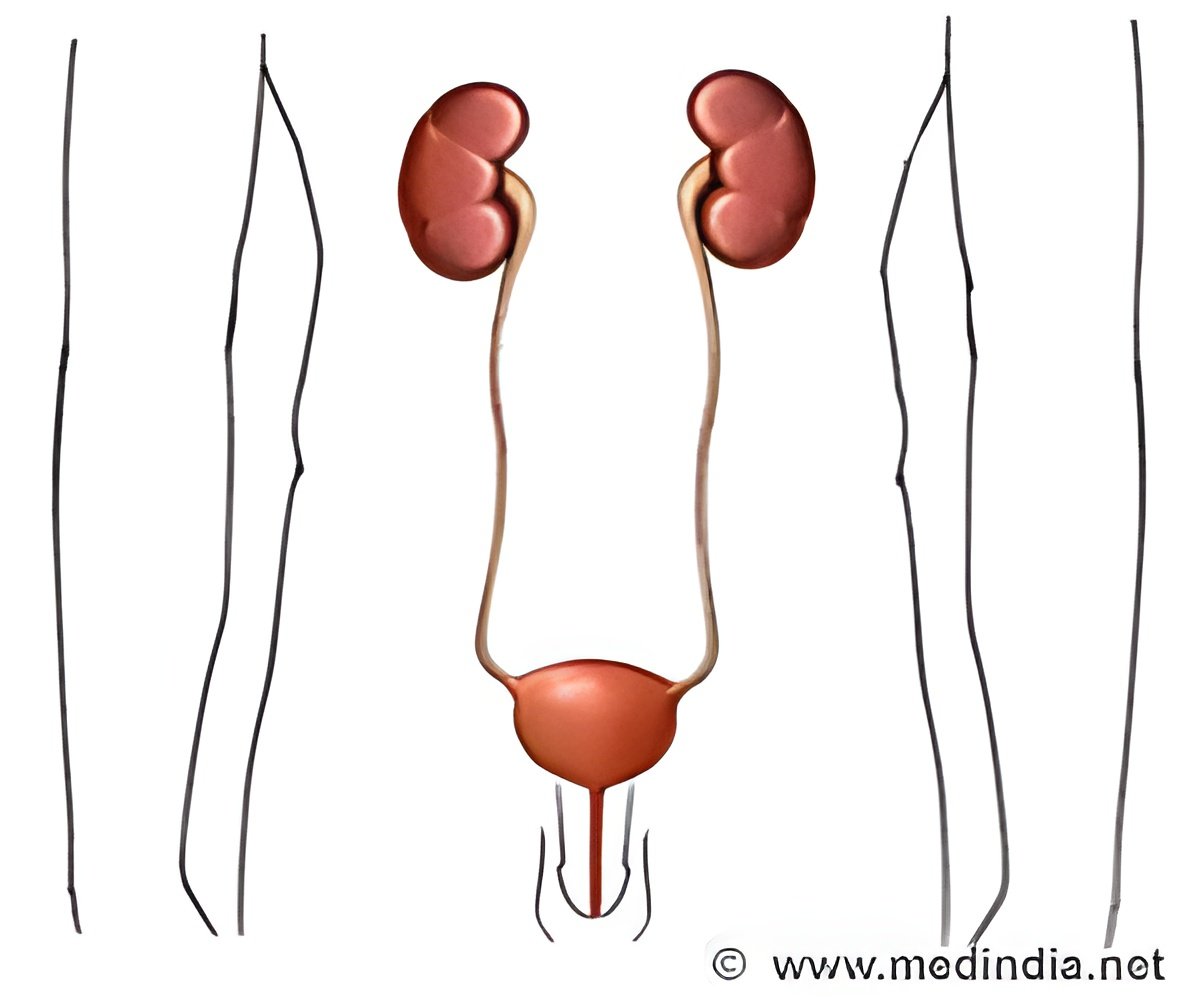At Columbia University Medical Center (CUMC), researchers and collaborators have identified a genetic mutation that causes congenital malformations of the kidney and urinary tract.

The research team, led by Ali Gharavi, MD, associate professor of medicine in the Division of Nephrology and a nephrologist at NewYork-Presbyterian Hospital/Columbia University Medical Center, studied a Sardinian family with congenital malformations of the kidney and urinary tract. Several family members had experienced kidney failure at a young age. Using the recently developed tool of exome gene sequencing (sequencing of only the coding parts of the genome), the researchers identified a mutation in a gene called dual serine/threonine and tyrosine protein kinase (DSTYK) in all of the affected family members.
The researchers then screened 311 unrelated individuals with urinary tract defects from centers throughout Europe and found seven other patients with DSTYK mutations. "These findings indicate that DSTYK mutations account for 2.2 percent of urinary tract defects in humans, which is very significant as a single-gene cause of this disease," says Dr. Simone Sanna-Cherchi, the first author of the study.
Some cases of congenital urinary tract defects present with kidney failure at birth, while others are not evident until complications arise, sometimes not until years later. By defining a new form of disease, these findings will allow clinicians to make a precise molecular diagnosis and identify mutation carriers who may be at risk for complications.
"Exome gene sequencing is now the method of choice for diagnosis of congenital disorders of unknown cause," says Dr. Gharavi. "It is what enabled us to detect the mutation that was shared by all affected individuals in the Sardinian family."
Drs. Sanna-Cherchi, Gharavi, and colleagues now plan to use the exome genome sequencing approach to study other patients and define additional forms of congenital urinary tract defects. "By defining new disease categories, we can study each genetic subtype in detail and determine why there is so much variability in the clinical course and complications of these disorders. We will be better able to advise patients on the risk of complications in family members and future offspring," says Dr. Sanna-Cherchi.
Advertisement















